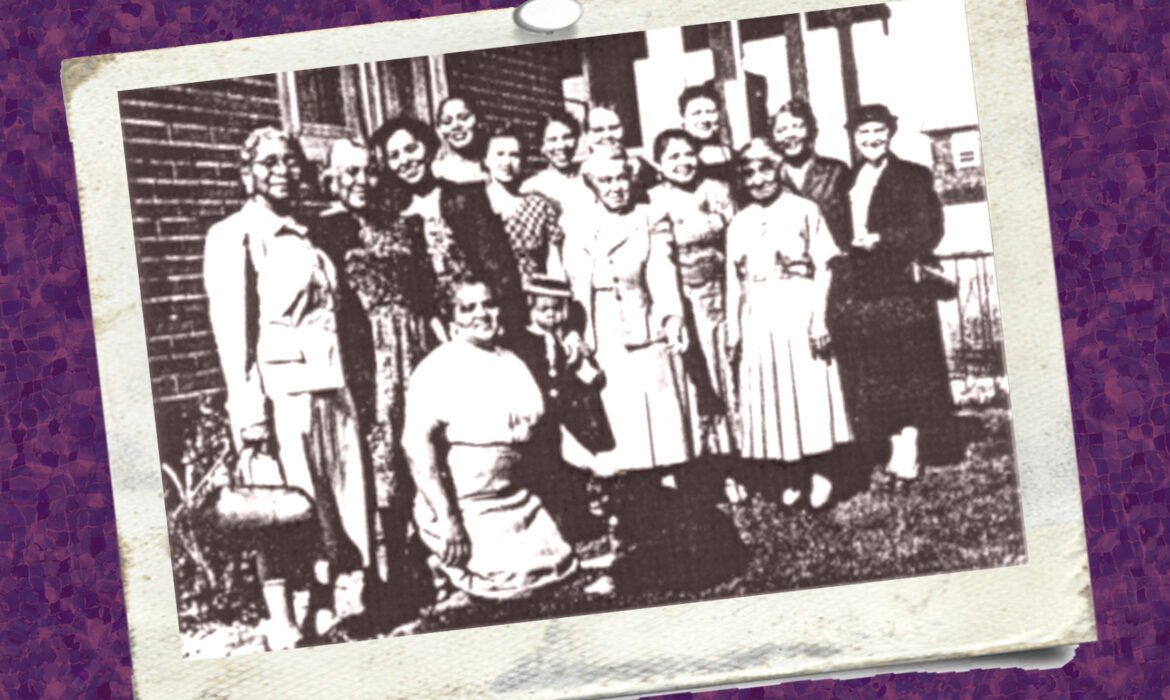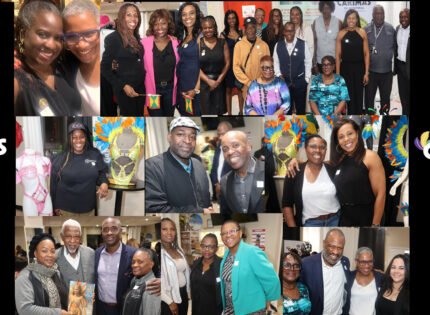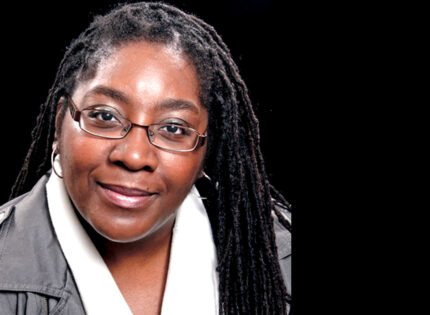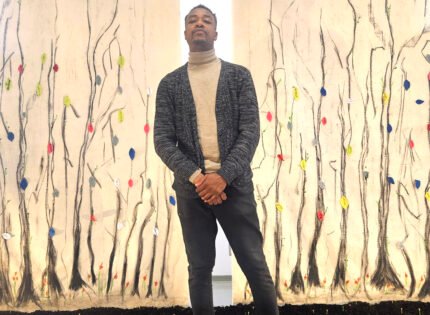Nompumelelo Moyo (LJI)
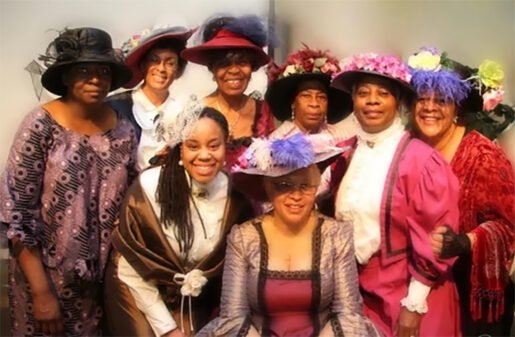 Established in 1902, the Coloured Women’s Club of Montreal (CWCM) stands as a cornerstone of our community’s rich Black history, especially poignant as we celebrate Black History Month. This year the CONTACT will be celebrating members (past and present) of the Coloured Women’s Club of Montreal (CWCN). Bringing to light their contributions to society. Current President, Ingrid Dixon spoke to us and gave an overview of the history and underscored the highlights of the hundred plus years.
Established in 1902, the Coloured Women’s Club of Montreal (CWCM) stands as a cornerstone of our community’s rich Black history, especially poignant as we celebrate Black History Month. This year the CONTACT will be celebrating members (past and present) of the Coloured Women’s Club of Montreal (CWCN). Bringing to light their contributions to society. Current President, Ingrid Dixon spoke to us and gave an overview of the history and underscored the highlights of the hundred plus years.
She shed light on some activities that the club do to raise funds for scholarships and bursaries for the Black community these include the cookbook, which was published in 2017, the Spring Hat Rose tea event which is social as well entertaining and also organising trips to different countries.
“As the clubs’ current members are aging, it is becoming a challenge to execute some of the activities that require manpower,” says Ingrid. Asked if there were any special skills needed to be part of the club, Ingrid said anyone is welcome. All young women are encouraged to join and be part of this to ensure the vision and mission of the club continues and lives on for generations.
Founded in 1902 by Anne Greenup and six other women, CWCM was started because other groups were not open to women of colour joining them. The club focused on the needs of their community and helped organise, feed, shelter and care for the community during first and second war. Undeterred by societal barriers, these pioneers forged their own path, dedicating themselves to addressing the pressing needs of their community in the St. Antoine district, known affectionately as Little Burgundy. The Black women who formed the Club were following the examples of African American women such as Harriet Tubman, Ida B. Wells and Mary Church Terrell, among others, who had created t he National Association of Colored Women’s Clubs.
he National Association of Colored Women’s Clubs.
From its inception, the CWCM embodied the ethos of service and solidarity. Throughout the tumultuous years of the First and Second World Wars, as well as the challenging era of the Great Depression, the Club served as a vital lifeline for those in need. Organizing initiatives to provide food, shelter, and care, the members exemplified compassion in action, laying the groundwork for a tradition of community support that endures to this day.
During the Depression, fundraising emerged as a significant focus. Members of the community organized various social gatherings like dances, concerts, and fashion shows to generate funds. The continuous financial support provided by the CWCM to local events showcased its dedication to the welfare of Montreal’s Black community. For instance, in 1939, the Club collected around $208 from membership fees, distributing $163 to initiatives such as the Sunshine Club, Union Church, assisting members facing financial difficulties, and funding social events (CWCM Meeting Minutes, 1939-40).
Their impact extended far beyond immediate relief efforts. The CWCM played a pivotal role in establishing essential community institutions, including volunteer babysitting services, home care for mothers, and the Union United Church, founded in 1907—a beacon of hope and support for generations to come.
Their benevolent and charitable work has been recognized across the country. They’ve received prestigious accolades, including acknowledgment from the Ministère des relations avec les citoyens de l’immigration du Québec. The Anne Greenup Solidarity Prize, named in honor of the Club’s inaugural president, continues to recognize individuals and organizations dedicated to fostering networks, intergenerational solidarity, civic engagement, and a sense of belonging.
As we commemorate Black History Month and soon International Women’s Day, it is fitting to pay tribute to the indelible contributions of the Coloured Women’s Club of Montreal. Their legacy forms the bedrock of Black history in Canada. For a comprehensive collection of photos showcasing the CWCM over the years, visit their Facebook page.


